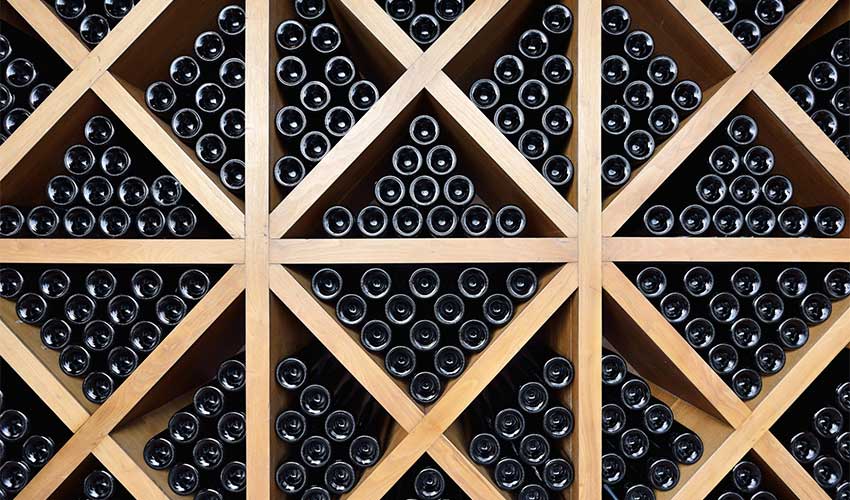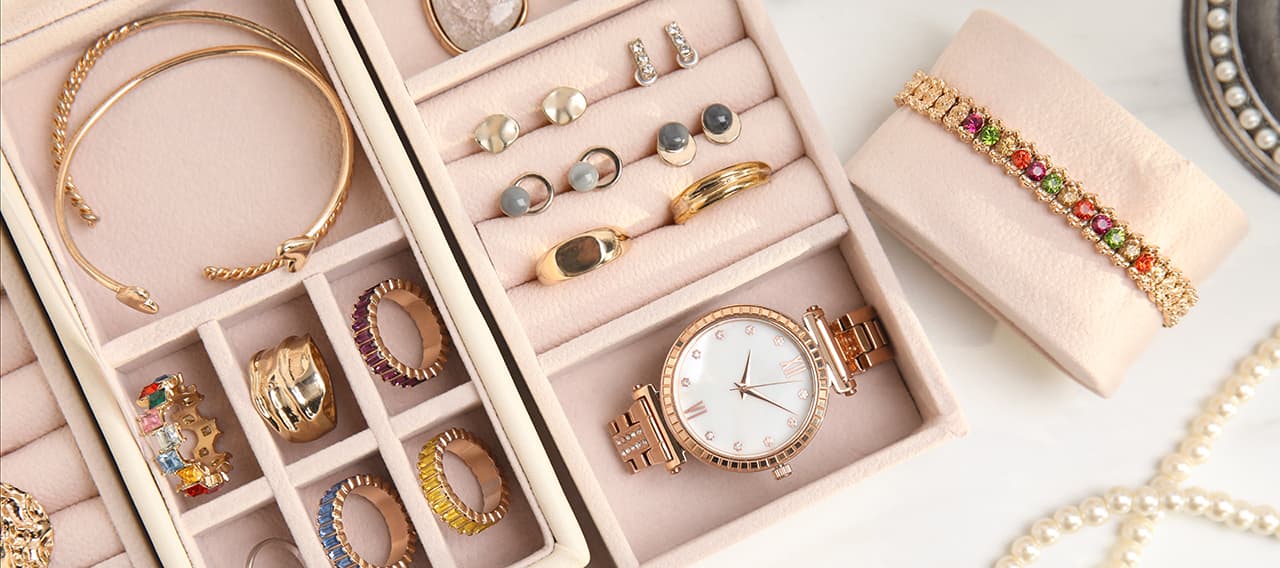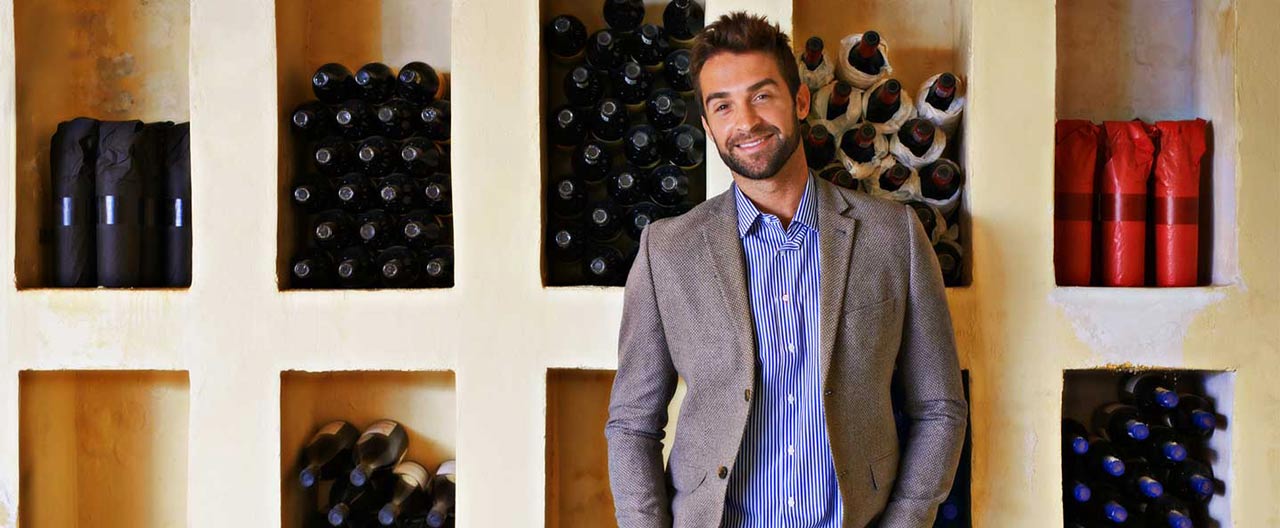- Individuals & Families
- Businesses
- Agents & Brokers
- Embedded Insurance

Chubb ranked #1 for Homeowners Insurance Customer Satisfaction.

Chubb ranked #1 for Homeowners Insurance Customer Satisfaction.

Chubb ranked #1 for Homeowners Insurance Customer Satisfaction.

Chubb ranked #1 for Homeowners Insurance Customer Satisfaction.

Because pets are family, Chubb now offers pet insurance with top-rated coverage from Healthy Paws.

Chubb offers the insurance protection you need for travel’s many “what ifs”.

Chubb protects small businesses at every stage – from newly formed start-ups to long-time anchors of the community.

Stay ahead of cyber threats with our free Cyber Claims Landscape Report.

Learn more about our dedicated learning paths, Online Learning Center, and more.

Many digital-savvy consumers look for it as a core or add-on option.

Many digital-savvy consumers look for it as a core or add-on option.

Many digital-savvy consumers look for it as a core or add-on option.

Chubb’s in-house technology makes it easy to integrate what we do into your customer experience.
-
About
-
Claims
-
Login & Pay Bill
For Agents & BrokersFor Travel Advisors
-
Back
If you’re investing in wine for both pleasure and potential return, keep in mind that not every wine is a good investment with the potential to increase in value. As you look for wines to buy, try following these simple tips:
1. Buy big wines, plus others you enjoy.
Out of over 2 million wine producers, only about 500 make what would be truly considered investment quality wines. Any wine that has potential investment value will start at around $150-$200 per bottle. Purchase wines from the big regions with well-known producers, but also consider wines from growing regions to find values. Wine is meant to be enjoyed, so beyond the big wines, buy wines you enjoy and explore wines that you may not typically purchase.
2. Purchase from reputable sources.
Always buy fine and rare wines from sources that are well-known with a good reputation. Sites like Wine-Searcher and Vinfolio offer insight into retailers and aggregate offers on wines to find the best deals. While auctions are another way to buy wine, remember that they charge the buyer 20-25% on top of the bid. Using sites like Wine Market Journal and Wine-Searcher can help you determine your maximum bid and ensure a good deal.

3. Consider a 3-tiered cellar.
If you’re actively drinking wine and looking for potential returns, you may want to consider accumulating wine in a 3-tiered cellar approach.
- Tier 1: Wines you drink on a regular basis. These are meant to be drunk and will have a lower price point.
- Tier 2: Wines that have the potential to increase in value but are priced low enough that you don’t feel bad drinking some.
- Tier 3: Wines with true investment potential. These should be set aside for a number of years before either drinking or selling.
4. Buy in case quantities.
When purchasing wine, consider buying in case quantities (which could include 3, 6, or 12 bottles), keep the bottles in the cases, and purchase an extra bottle or two of each, so you can enjoy it yourself and see how the wine is aging. Keeping the wine in the cases will help add value, as most buyers want the wine in its original case. If you buy in large quantities, make sure you understand the drinking window, so you can either drink or sell the wine while it is mature and not past its peak.

5. Research futures before you buy.
Wines in France are often part of the en primeur system or futures. These wines have been harvested and put in cask to age, and negociants sell with the knowledge that the wines will not be shipped for at least two years. Purchasing wine futures takes patience and research to ensure that you understand the producer, history of pricing, and the potential quality of the vintage.
Source: wineadvise.com
Is collecting wine a good investment?
Collecting wine can be a fun and lucrative hobby. Wine is quickly becoming one of the most popular investments since has proven to be a reliable investment over other options. For example, the most expensive wine sold at auction is a Romanée Conti 1945 Domaine de la Romanée-Conti bottle, sold at $558,000*.
Insights and expertise








This document is advisory in nature and is offered as a resource to be used together with your professional insurance advisors in maintaining a loss prevention program. It is an overview only, and is not intended as a substitute for consultation with your insurance broker, or for legal, engineering or other professional advice.
Chubb is the marketing name used to refer to subsidiaries of Chubb Limited providing insurance and related services. For a list of these subsidiaries, please visit our website at www.chubb.com. Insurance provided by ACE American Insurance Company and its U.S. based Chubb underwriting company affiliates. All products may not be available in all states. This communication contains product summaries only. Coverage is subject to the language of the policies as actually issued. Surplus lines insurance sold only through licensed surplus lines producers. Chubb, 202 Hall's Mill Road, Whitehouse Station, NJ 08889-1600.


